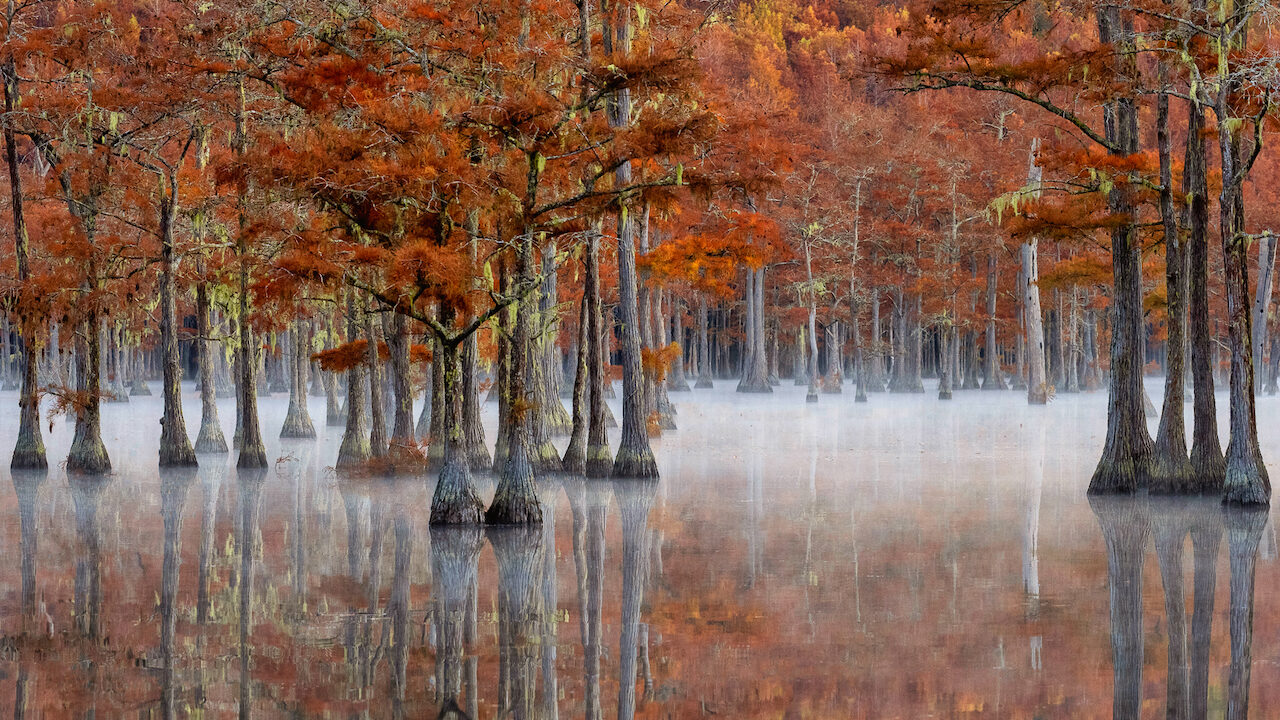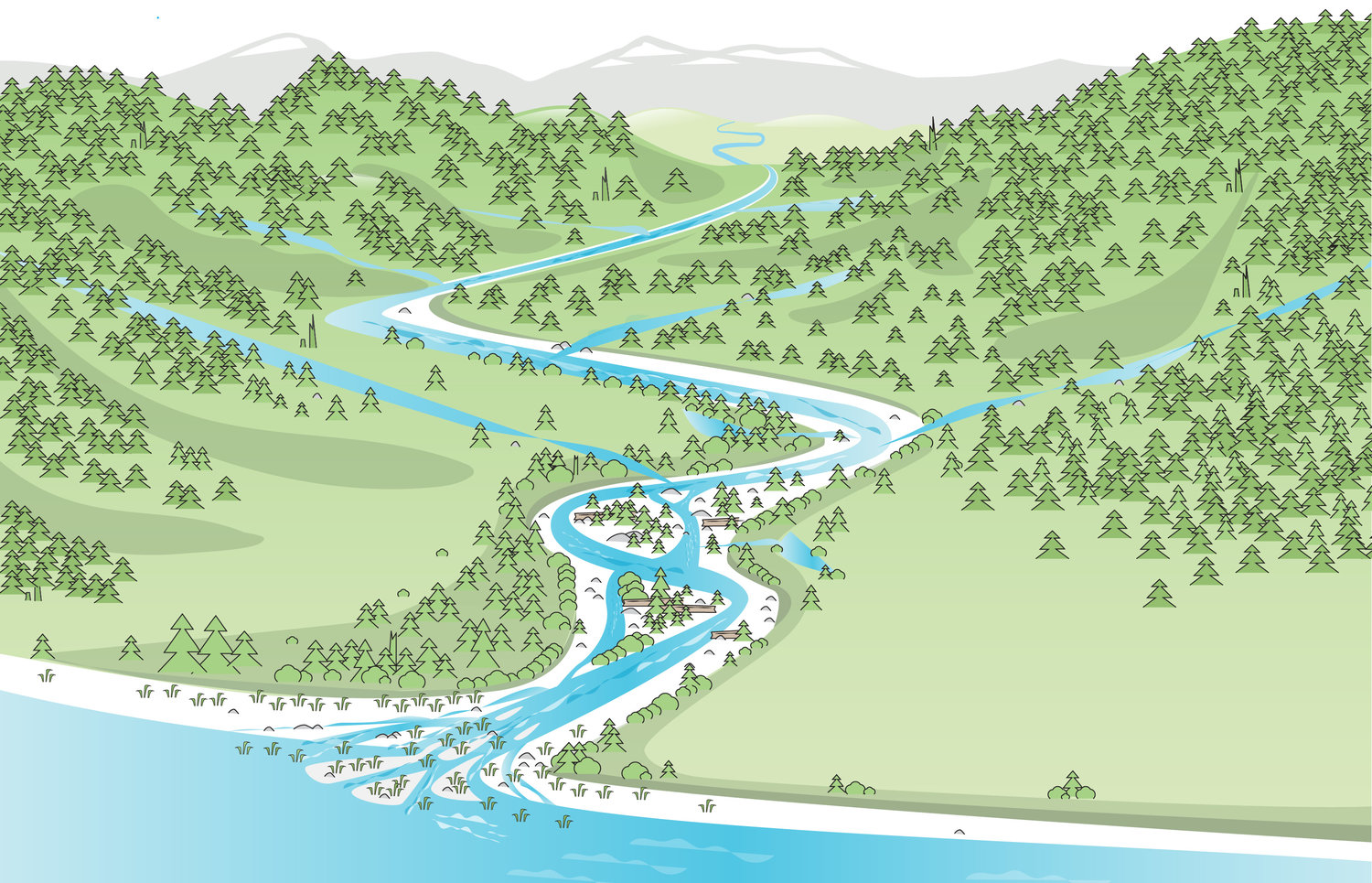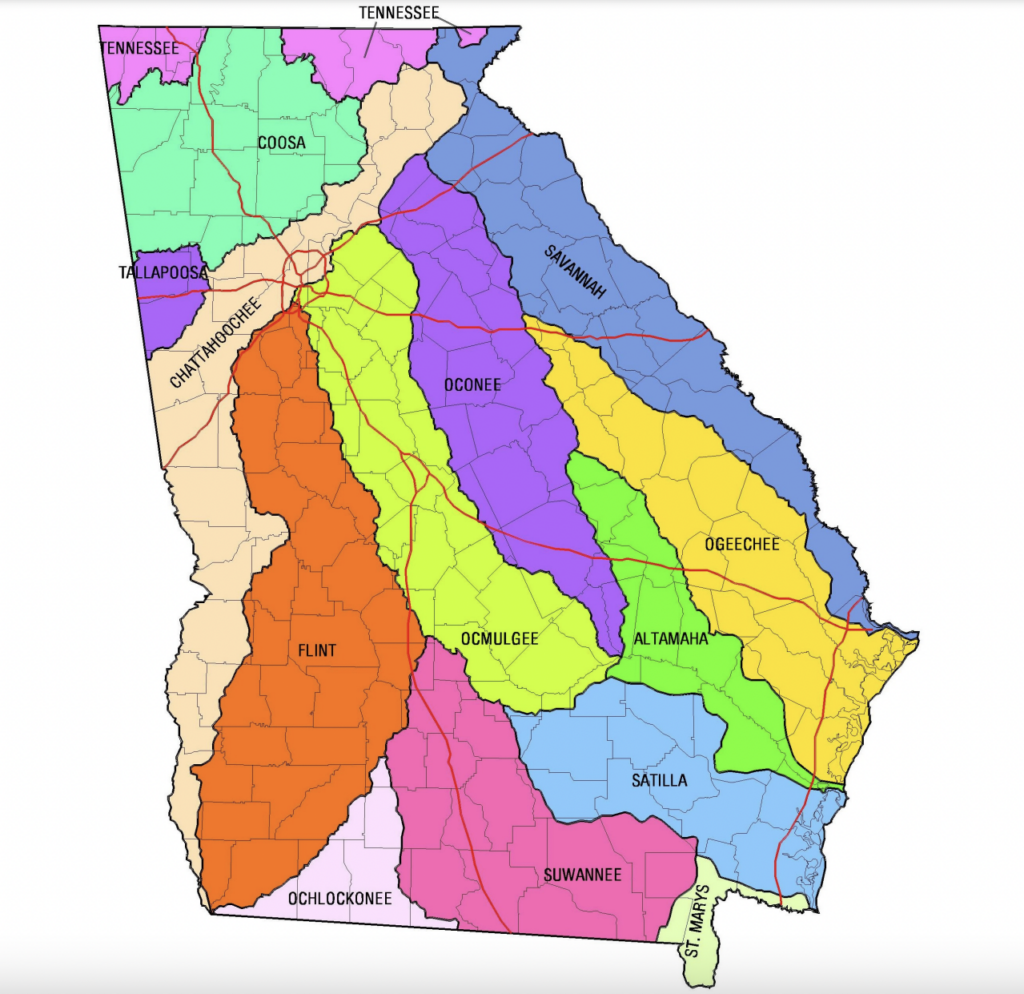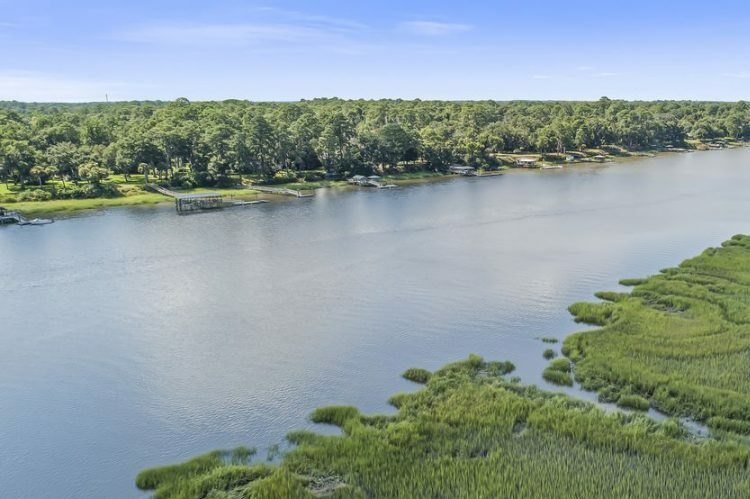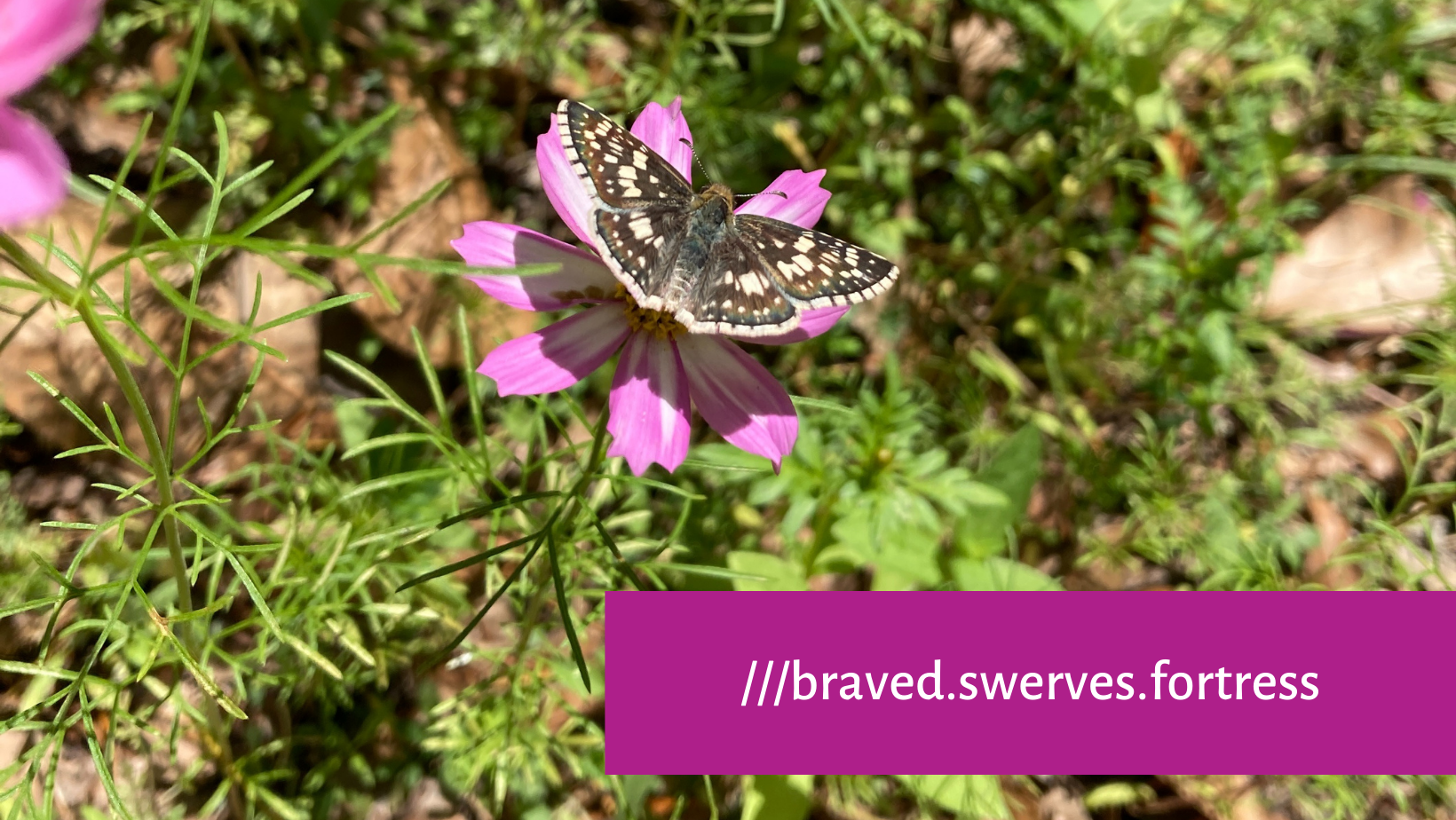
Ogeechee Riverkeeper encourages you to get out and explore the Ogeechee and Canoochee watershed. The challenge, should you choose to accept it, is to photograph the items on this list. All are welcome to play for fun, but there are prizes for those that wish to compete.
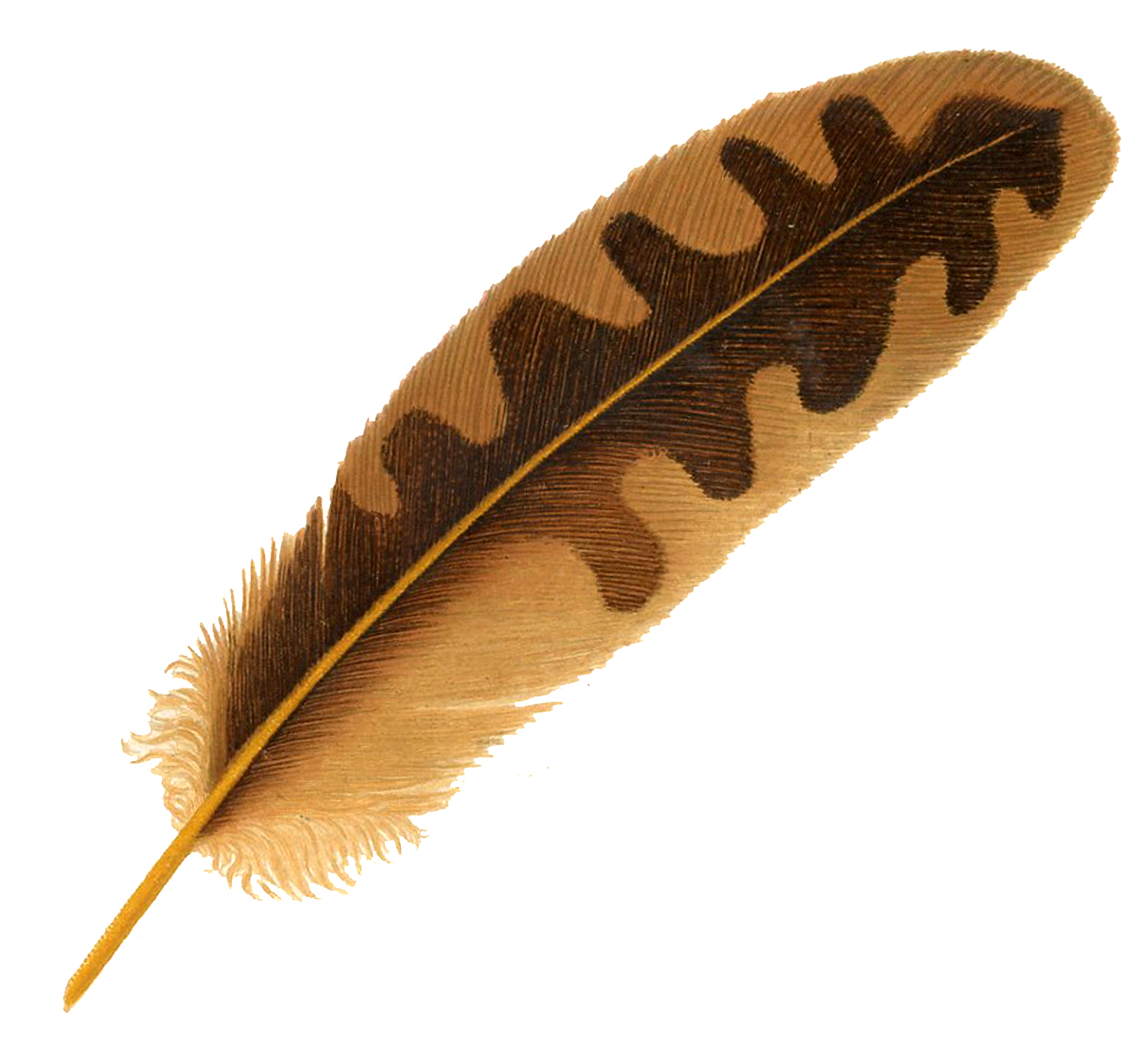
Players get 1 point for each item found. An additional point is earned if the player correctly identifies the specific item. Example: A feather (1 pt). Identifies as barred owl (1 additional pt). Points are cumulative. There are no deductions for items not found or misidentified; they are simply points not earned.
Submit photo(s) to info@ogeecheeriverkeeper.org. In your email, include your checklist and any identifiers for extra points along with your total of your points. Post and tag your images with the what3words locations for double points.
The three players with the most points will win an exclusive ORK and what3words prize package!
Photograph these items (1 point each). Identify these items (1 additional point each). Possible total: 20 points.
-
- Wildflowers
- Pinecone
- Berries
- Vine
- Seeds or seed pod
- Bird nest
- Insect
- Feather
- Unusual shaped leaf
- Acorn or other nuts
Photograph these items (1 point each). Identify location of these items (1 additional point each). Possible total: 28 points.
-
- Ponded area in a creek
- Animal hole in the ground
- Spider web
- Bird nest
- Hole in a tree
- Animal tracks
- Eroded soil
- Stream or creek
- Dew on a flower or leaf
- Rocks with many colors
- Y-shaped twig
- Sunlight coming through trees
- Trail marker
- Fungus on a tree
Download a PDF of the checklist.
Bonus points:
Two additional points will be awarded to player with most artistic arrangement of items in their photo submission.
Maximum possible: 50 points
or 100 points if all items are posted and tagged using what3words.
Rules:
Submissions must be received by Thursday, June 30, noon EST for consideration in the competition.
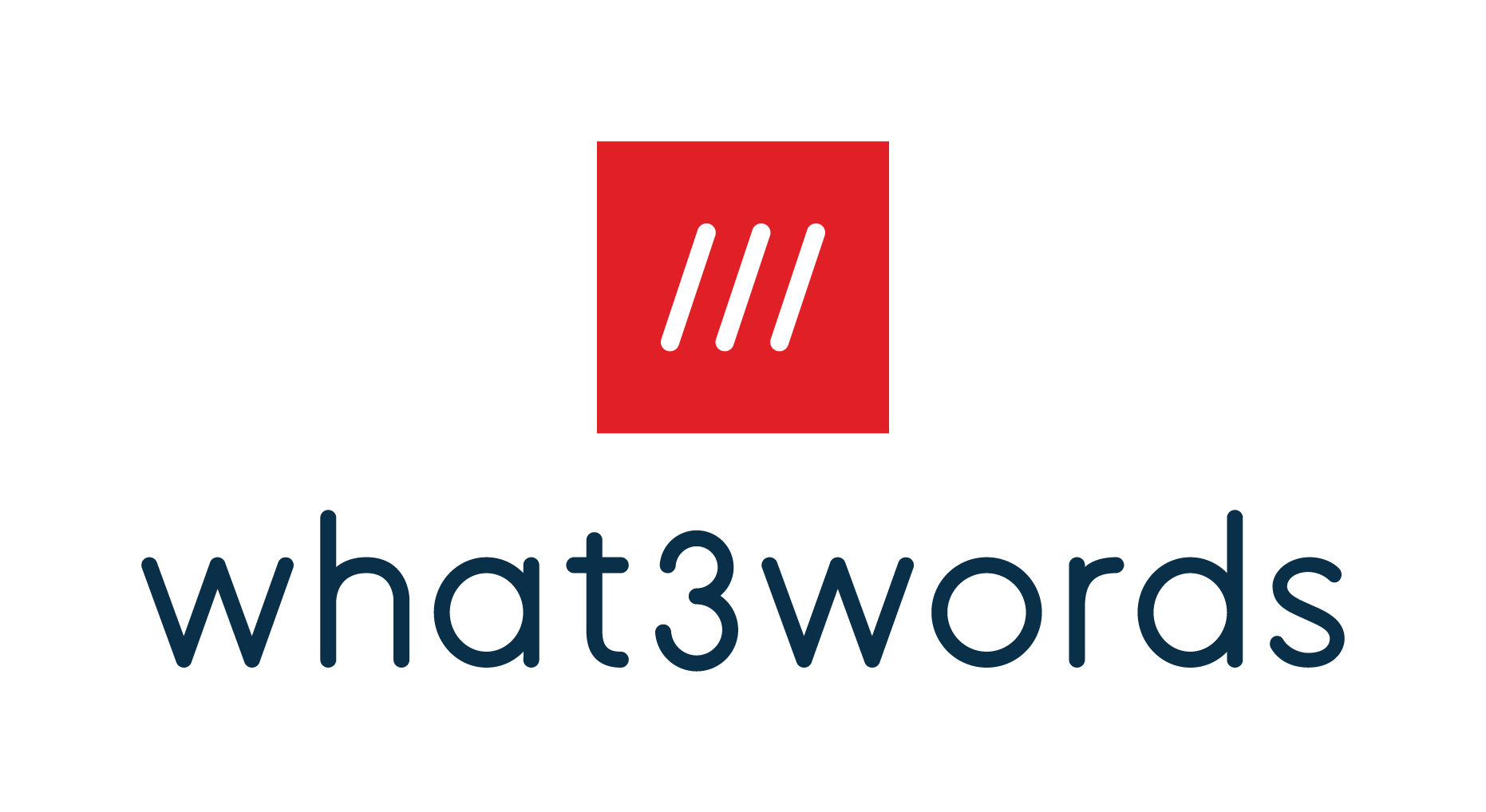 To be considered for double points, images must be posted on user’s social media, tagging “Ogeechee Riverkeeper” and “@what3words”. Image(s) should include the what3words address.
To be considered for double points, images must be posted on user’s social media, tagging “Ogeechee Riverkeeper” and “@what3words”. Image(s) should include the what3words address.
Submitted images may be used by ORK on social media. By submitting photos, players agree to let ORK and/or what3words re-share these images. ORK will contact winners using submission email address.
Remember: do not disturb any animals, feathers, insects, or nests, or touch any unknown plants. Do not trespass on private property. Take ONLY photos.
Have fun!
